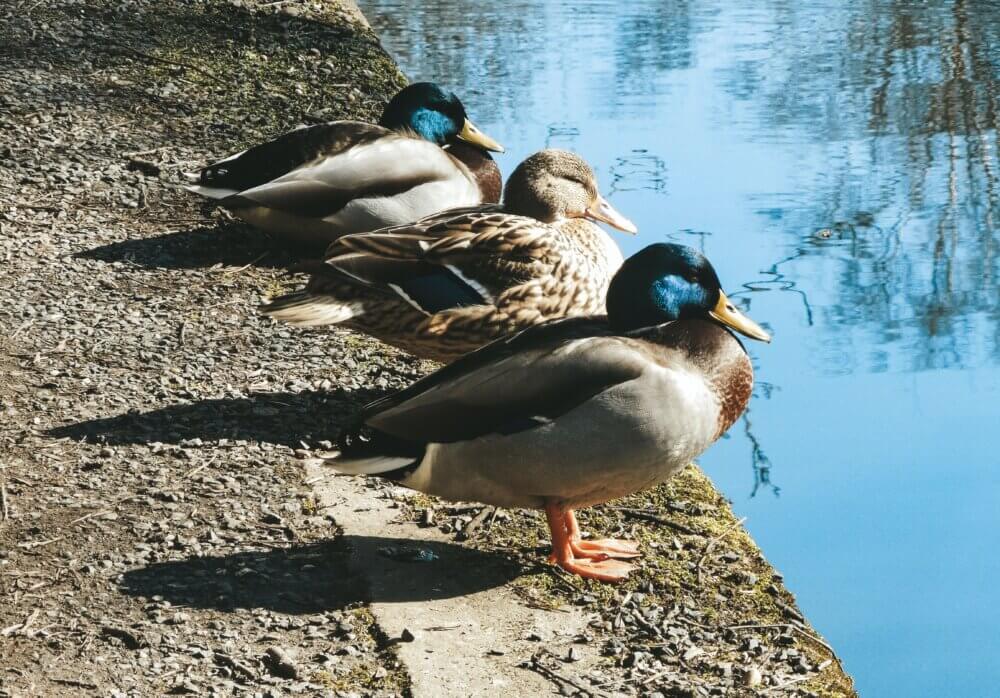Fun Places to Feed the Ducks Around North Norfolk
What can be more classic than a day out feeding the ducks? Treat your elderly relatives to these finest of duck spots in and around North Norfolk!

A classic activity as old as time. People have been feeding ducks by rivers, ponds, and lakes for as long as anyone can remember. With springtime rolling in and the ducks, still as cute as ever, thriving in towns and villages, it’s a fantastic time of year to take your elderly loved ones out for the afternoon to feed the ducks. However, not all duck ponds are the same, so we have created this list of the best ducky spots so you can make sure to take your loved ones to the right spots for the fullest experience.
The Blakeney Conservation Duck Pond
Take some time out from a busy day of exploring to spot the birdlife at Blakeney Duck Pond. The pond is fed by three natural springs and is home to at least 43 pairs of captive-bred ducks and geese. The pond was once used as a watering hole for horses but became disused over time. The pond is suitable for all, and because the ducks are captive-bred you can get very close as they’re not as shy as wild ones, some will even eat from your hand.
Pensthorpe Nature Reserve
Pensthorpe is a 700-acre nature reserve and woodland conservation park, the ultimate destination for discovery for the whole family. Here you can explore magical gardens, take a trail through our internationally recognised reserve, and get up close with feathered friends, spot the red squirrels and flamingos. Don’t forget to wet your beak at the café and stop off at the shop too.
Sculthorpe Moor Nature Reserve
Located in the Wensum Valley in North Norfolk, this extensive reserve is perfect for the avid birdwatcher, boasting 7 hides across a range of managed landscapes including meadow, wood, fen, and wetland habitats. With well-kept, even boardwalks and easy access birdwatching hides, the reserve is wheelchair friendly and fully accessible for all, making for an easy-going day out. There are feeders at each one of the hides, if you’re quiet and calm you get to see the birds up close.
Cley and Salthouse Marshes
The Cley Marshes is Norfolk Wildlife Trust’s oldest and best-known nature reserve. One of the country’s most popular birdwatching sites, there are six hides, four of which are accessible via boardwalks, with fantastic views across pools and scrapes that are specially managed to attract breeding and passage birds. There is also a large café which serves tasty local produce and offers panoramic views over the marshes and coastline.
When feeding ducks, always remember to do so responsibly! While bread is the traditional choice, it’s always better to offer wholegrain bread where possible and to add variety with oats, seeds, lettuce, and peas. While bread is not necessarily bad for ducks, it isn’t very good for them either. Filling up on bread makes them less inclined to forage for more nutritious food and could lead to malnutrition. If the bread is stale or mouldy, it could also make them ill.
Exercise restraint and make sure that everyone enjoys your day out, whether they have hair or feathers, while experiencing the Great British outdoors. If you like the look of a ducky outing with the family, find out more about supported living in this area and see if home care in North Norfolk could be the right choice for your loved ones.